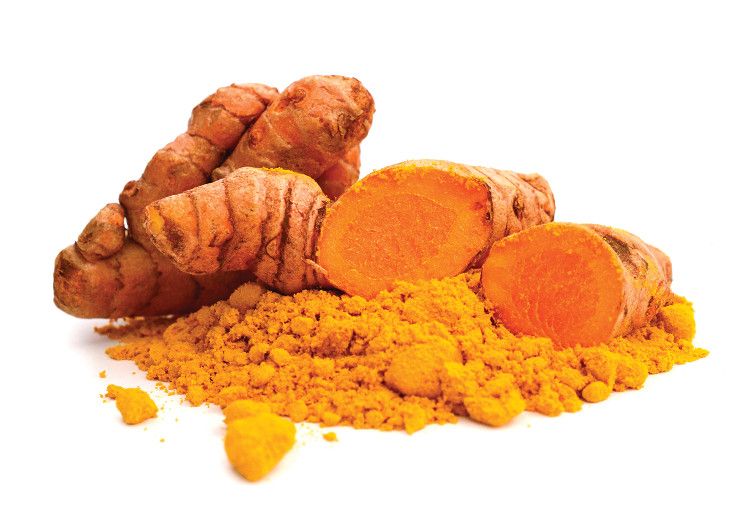Sabinsa founder publishes book on reductive metabolites of curcuminoids
Authored by Majeed, N. Kalyanam, PhD, president, research and development, and other members of the Sami-Sabinsa Group’s technical staff, the book details the transformation of curcumin into its metabolites inside the body, and the significance of major metabolites.
Photo © Shutterstock.com/ COLOA Studio

Muhammed Majeed, PhD, founder, chairman, and managing director of Sabinsa (East Windsor, NJ) has published a new book called “Reductive Metabolites of Curcuminoids.” Authored by Majeed, N. Kalyanam, PhD, president, research and development, and other members of the Sami-Sabinsa Group’s technical staff, the book details the transformation of curcumin into its metabolites inside the body, and the significance of major metabolites.
“The central theme of the book is to emphasize that the effects of curcumin observed in animal models and in human trials are the aggregate benefits of curcumin and the reductive metabolites of curcuminoids,” explained Majeed, in a press release. The book compiles the pharmacological activities of four reduced curcuminoids, reviews the scientific evidence on the effects of microbiota on what has been called “poor bioavailability,” and discusses the role of microbiota in transforming curcumin into its major pharmacologically potent reductive metabolite, Tetrahydrocurcumin.